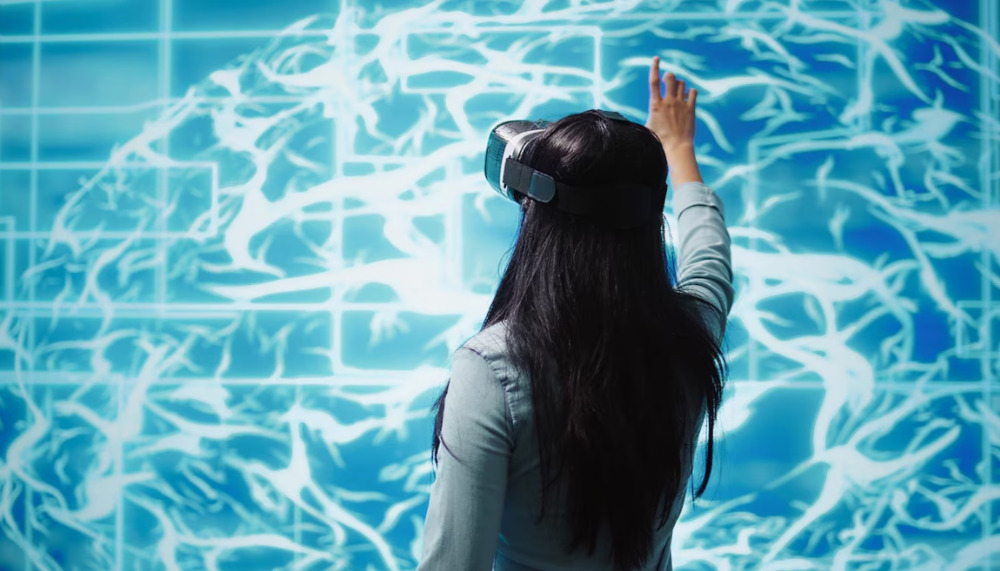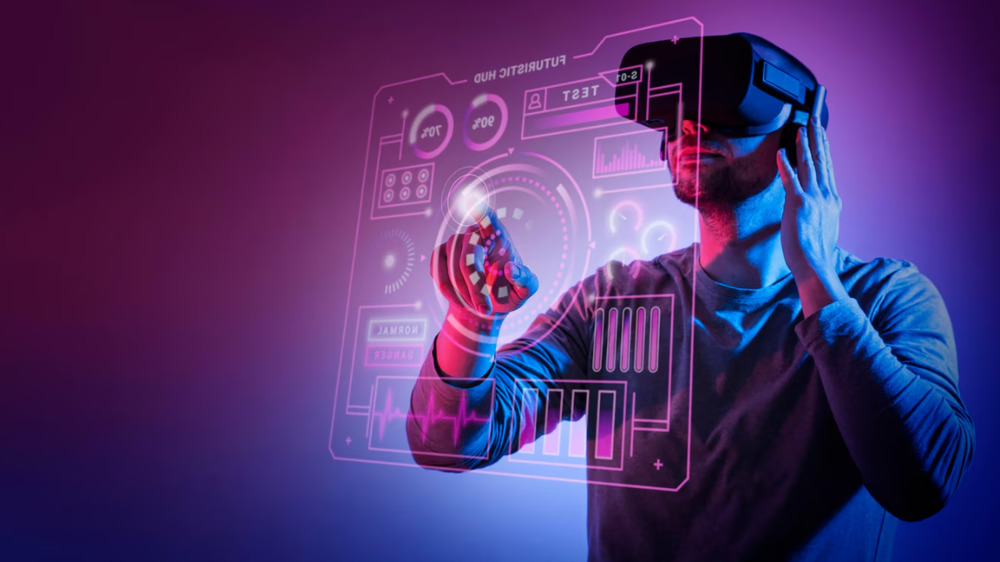As we stand on the brink of a technological revolution, the integration of artificial intelligence (AI) in healthcare is transforming the way we diagnose, treat, and manage diseases. With the potential to enhance patient outcomes and streamline operations, AI is not just a buzzword; it’s a game-changer. ? In this blog, we will explore the current landscape of AI in healthcare, backed by compelling statistics, and look ahead to what the future holds.

The Current State of AI in Healthcare
AI technologies are already making significant strides in various aspects of healthcare. According to a report by Accenture, the AI health market is projected to reach $6.6 billion by 2021, with a compound annual growth rate (CAGR) of 40%. This rapid growth is driven by the increasing demand for efficient healthcare solutions and the need for improved patient care.
Key Areas of AI Application
-
Diagnostics: AI algorithms can analyze medical images with remarkable accuracy. For instance, a study published in Nature found that AI systems can match or even surpass human radiologists in detecting breast cancer, achieving an accuracy rate of 94.6% compared to 88.0% for human experts. ?
-
Treatment Personalization: AI can help tailor treatment plans to individual patients. By analyzing genetic information and treatment outcomes, AI can suggest personalized therapies that are more likely to be effective. A report from the Journal of Personalized Medicine indicates that AI-driven personalized treatment plans can improve patient outcomes by 30%.
-
Operational Efficiency: AI can streamline administrative tasks, reducing the burden on healthcare professionals. According to a study by McKinsey, AI could save the healthcare industry up to $150 billion annually by automating tasks such as billing and scheduling.
Table 1: AI Applications in Healthcare
| Application Area | Current Impact (%) | Projected Growth (%) | Notable AI Tools |
|---|---|---|---|
| Diagnostics | 94.6% accuracy | 40% CAGR | IBM Watson, Zebra Medical |
| Treatment Personalization | 30% improvement | 35% CAGR | Tempus, GRAIL |
| Operational Efficiency | $150 billion savings | 25% CAGR | Olive, Qventus |
The Future of AI in Healthcare
Looking ahead, the future of AI in healthcare is bright and full of possibilities. Here are some trends to watch:
1. Enhanced Predictive Analytics
AI will increasingly be used to predict disease outbreaks and patient deterioration. By analyzing vast amounts of data from various sources, AI can identify patterns that may not be visible to human analysts. For example, Google’s DeepMind has developed algorithms that can predict acute kidney injury up to 48 hours in advance, allowing for timely interventions. ⏳
2. Virtual Health Assistants
The rise of virtual health assistants powered by AI will revolutionize patient engagement. These assistants can provide 24/7 support, answer health-related queries, and even remind patients to take their medications. A survey by Accenture found that 77% of patients are open to using AI-powered virtual health assistants for managing their health.
3. Integration with Wearable Technology
Wearable devices are becoming increasingly popular, and their integration with AI will lead to more proactive healthcare. Devices like smartwatches can monitor vital signs and send alerts to healthcare providers in case of anomalies. According to a report by Statista, the global wearable health technology market is expected to reach $60 billion by 2023. ?
Table 2: Future Trends in AI-Powered Healthcare
| Trend | Description | Expected Impact |
|---|---|---|
| Predictive Analytics | Early detection of diseases | Improved patient outcomes |
| Virtual Health Assistants | 24/7 patient engagement | Increased patient satisfaction |
| Wearable Technology | Real-time health monitoring | Proactive healthcare |
Challenges and Considerations
Despite the promising future, the integration of AI in healthcare is not without challenges. Issues such as data privacy, algorithmic bias, and the need for regulatory frameworks must be addressed. According to a survey by Deloitte, 60% of healthcare executives believe that data privacy concerns are a significant barrier to AI adoption.
Table 3: Challenges in AI Adoption
| Challenge | Description | Percentage of Executives Concerned |
|---|---|---|
| Data Privacy | Concerns over patient data security | 60% |
| Algorithmic Bias | Risk of biased outcomes due to flawed data | 45% |
| Regulatory Frameworks | Need for clear guidelines and regulations | 50% |
Conclusion
The future of AI-powered healthcare is not just a vision; it is rapidly becoming a reality. With advancements in diagnostics, treatment personalization, and operational efficiency, AI has the potential to revolutionize the healthcare landscape. However, it is crucial to navigate the challenges that come with this transformation. As we embrace these technologies, we must ensure that they are used ethically and responsibly to enhance patient care and improve health outcomes. ?
For more insights on AI in healthcare, you can explore resources from HealthIT.gov and World Health Organization. The journey has just begun, and the possibilities are endless!



